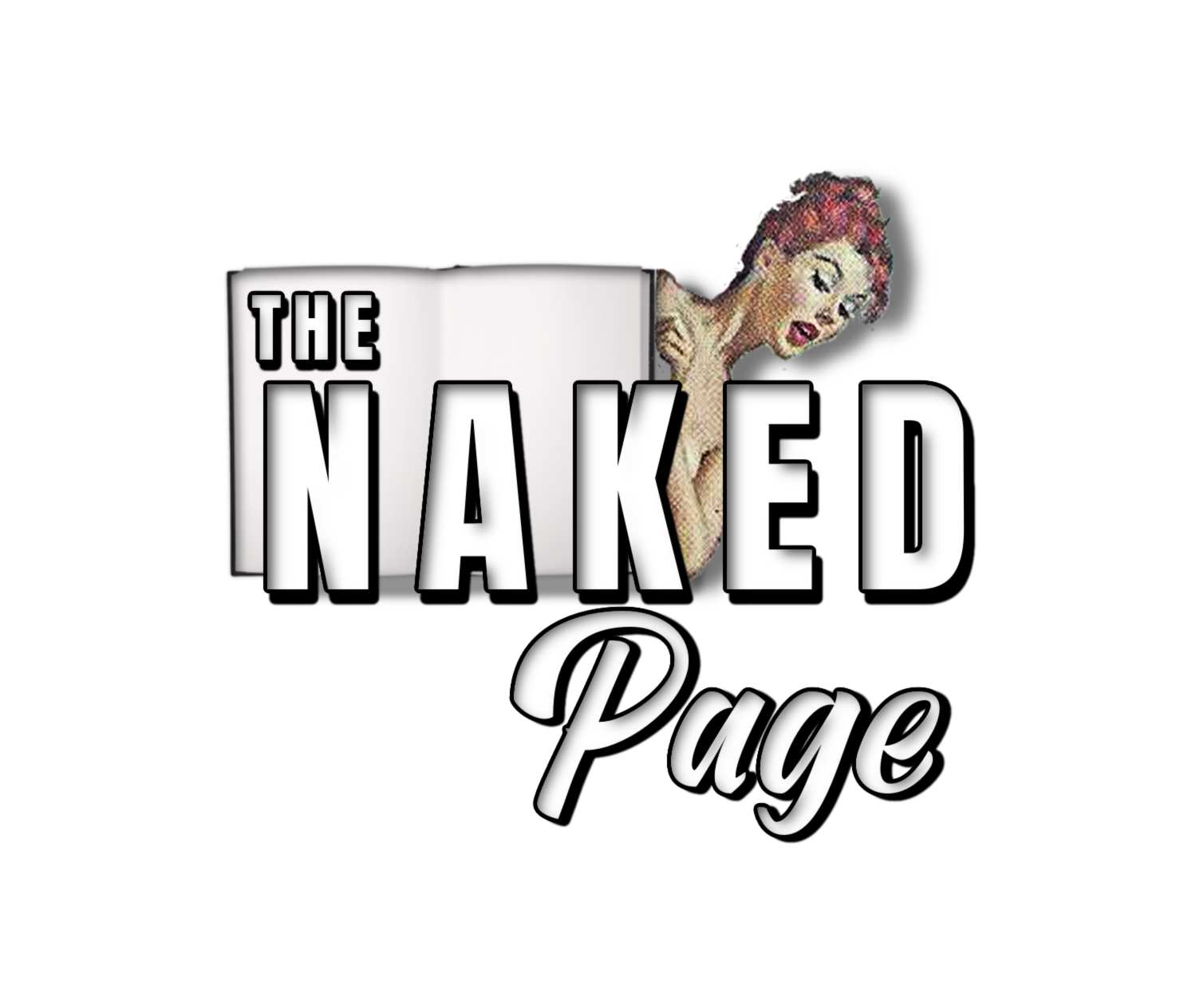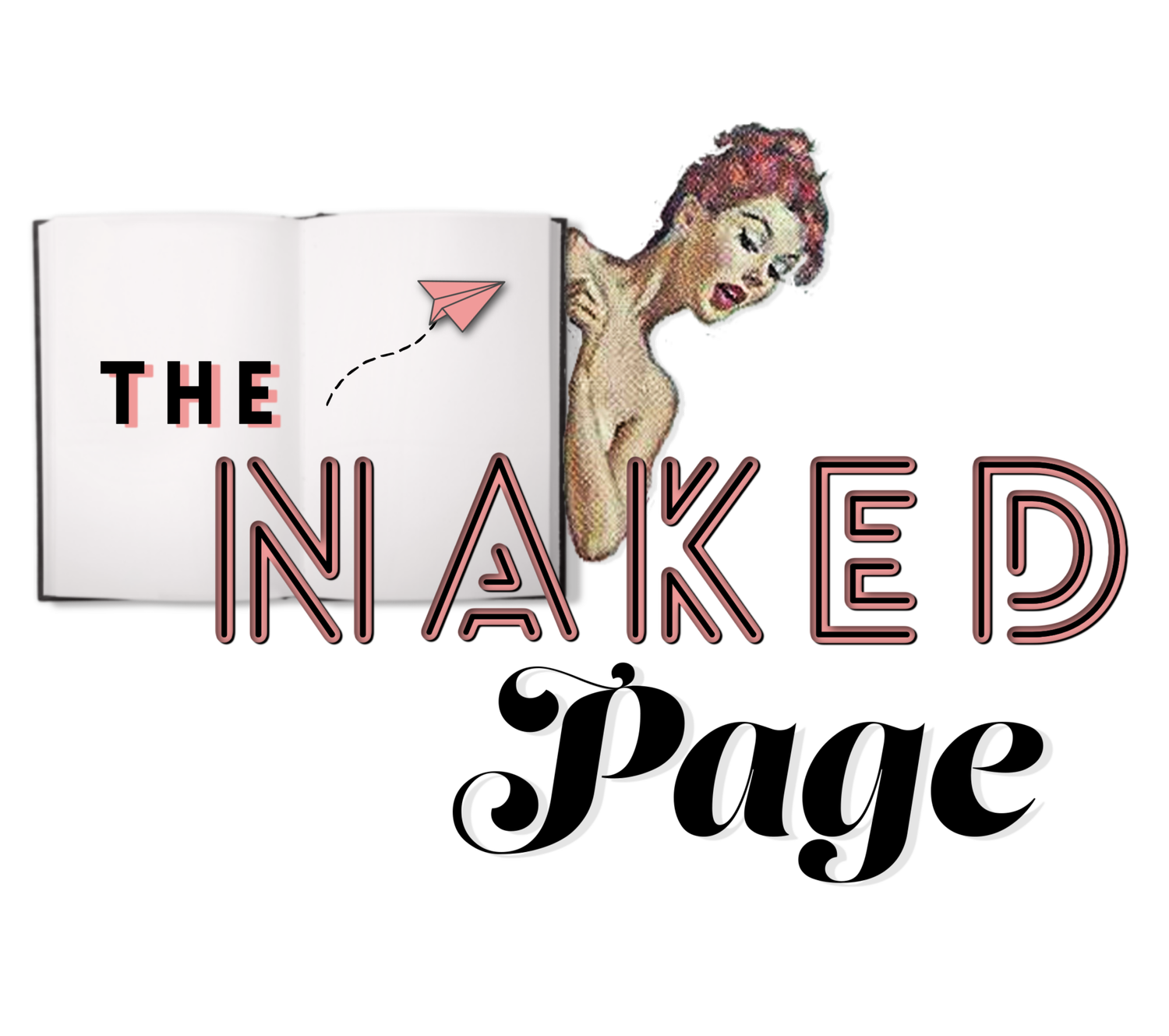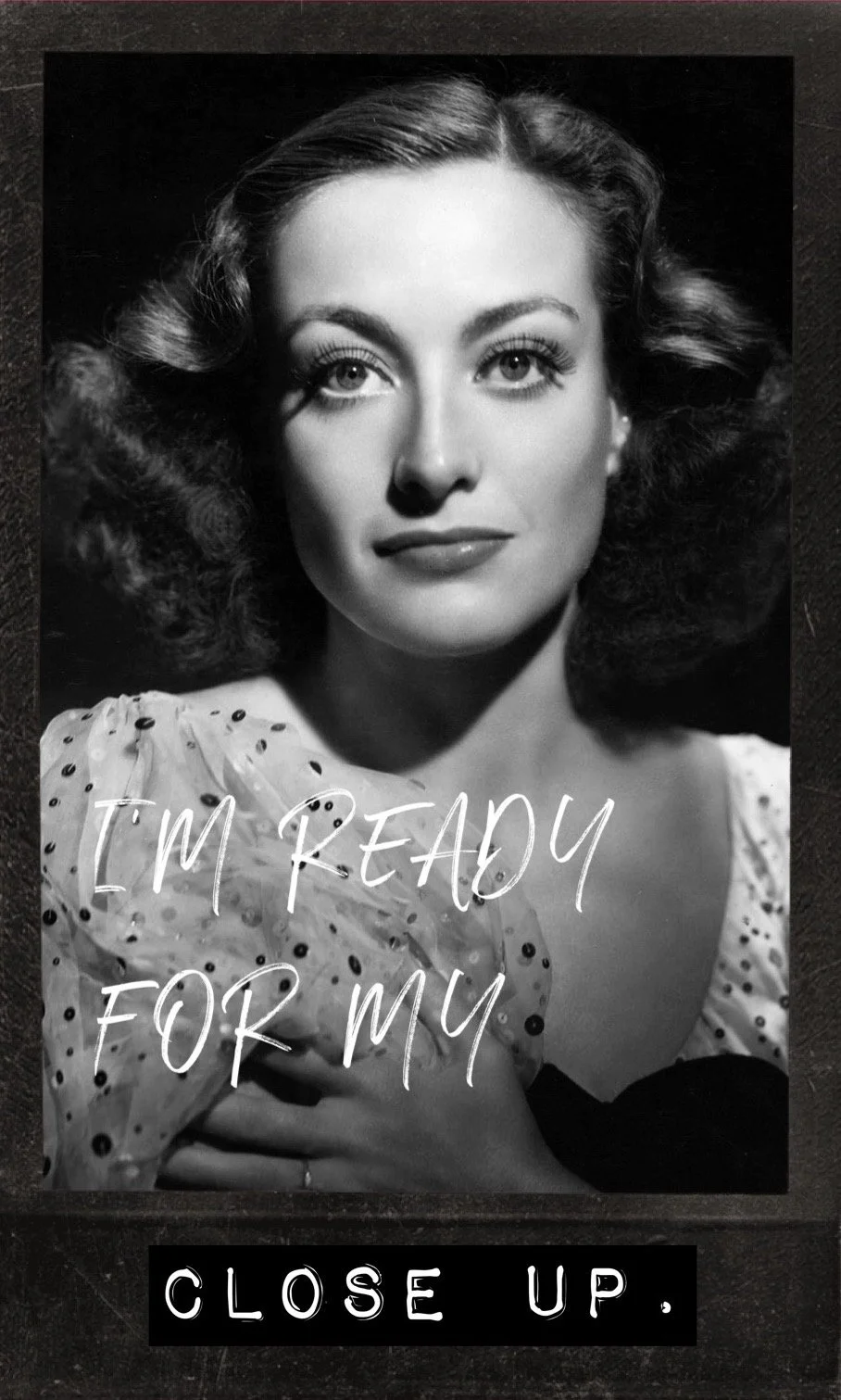Get Your Selfie Stick: It’s Memoir Time
“Oh my god, you should write a book!”
Ever heard that one after telling some wacky story to a stranger while standing in line at the DMV? I bet the DMV has the honor of kicking off the careers of many potential memoirists.
But what seems like a perfectly logical concept for a book when you’re forced to make small talk with a room full of angry folks all awaiting the fate of their number being called like a dystopian bingo game rarely manifests.
Why?
Too many of us believe writing a memoir would make us giant narcissists. Or we’re afraid to put our truth on display for fear of public criticism.
Sure, you run a greater risk of being seen—and judged—when you write about yourself, but is memoir really just the smatterings of a self-involved sociopath? Can anything literary actually be gleaned?
For a genre believed to be rooted in navel-gazing nonsense, there sure are a lot of memoirs getting published—and purchased.
“What is memoir? Is it the same as autobiography?”
When it comes to writing memoir, we’ve much to unpack. Buckle up.
Grab your favorite therapist, we’re gonna answer questions about writing your fondest—or not so fond—recollections.
What is a memoir? Is that like a personal essay? Or like an autobiography? What about creative nonfiction?
Many people fret over legalities and who they’ll piss off before they even write a word. Some people assume they’ll have to write about their childhoods or go into graphic detail about every inch of their private lives.
It may help to first define the genre of memoir. What it is and what it isn’t.
You can think of memoir writing as a slice of life. While both memoirs and autobiographies are books that are self-reflective of the author who is writing them, they differ in scope and style.
“I guess I’ll have to start from the beginning” is a phrase I hear from newbie writers when they decide to pen a memoir.
“The beginning of what?” I think.
When I dig a little deeper, I usually discover that the novice writer has memoir and autobiography mixed up. We could construct an entire paper on this one subject alone, but let’s sum it up.
If you aren’t famous, but you have some kind of amazing or tragic story to recount, you’re writing a memoir, not an autobiography.
Autobiographies are reserved for famous people and they’re usually quite hefty, delving into all the details of someone’s life. Those books usually do start in someone’s childhood, because they’re focused on giving an audience everything about that person’s life.
You, my dear friend who isn’t famous, want to write a memoir because you have a story to tell about some big event you believe could motivate or transform people. No one knows your name, yet, not even the bartenders on Cheers. So, you’re only going to give us a small section of your real life that will have clear parameters.
In a memoir, your turning point is the star, not you.
What drives an audience to want to read your story is that something inspiring, shocking, or otherwise unbelievable happened to you. That one experience drove you to transform from one kind of a person into another.
You, now as a dynamic protagonist, have the makings of being a great main character.
Think Wild by Cheryl Strayed.
She was a writer, but otherwise unknown until her mother died and she couldn’t cope. Her grief was the catalyst for her heroin addiction, adultery, and eventually her 1,100-mile journey to recovery. That’s a book people want to read.
If someone were to write about a shorter life-changing experience it might be submitted to a magazine as a personal essay.
Creative nonfiction is a term that gets thrown around a lot these days, too.
Hell, there’s even a magazine titled just that.
Memoir does in fact fit into creative nonfiction space, but it’s just one subgenre within that bigger category. There are other types of writing that fit here like narrative journalism. Those are factual stories about other people written with a fictionalized flare. If you’re curious you can read the birth of this new journalism here: Gay Talese’s Frank Sinatra Has a Cold from the April 1966 issue of Esquire Magazine.
But my guess is you want to write about a specific time or event in your life and you aren’t a celebrity. That means memoir is the genre for you.
How honest do you have to be in memoir?
Honesty in memoir is essential. Recall that big, bad controversy involving a revoked memoir in Oprah’s book club?
In case you aren’t familiar with the story, James Frey wrote a “memoir” about his drug addiction and recovery called A Million Little Pieces. That was in 2003. But it was later discovered he fabricated much of it. Some people have said his form of creative nonfiction gave us an understanding of what was going on inside his mind even if it wasn’t factually correct. Others believe that this kind of truth-stretching gives memoir writing a bad name.
I’m in the latter camp.
Memoir needs to be truthful.
Your readers are entering into a contract with you by buying your book. It’s one that is built on trust. An audience expects to be led through a dangerous yet authentic landscape that’ll end with some kind of reward. Creative license is fine. But outright lying rocks the foundation of trust between the writer and reader. And when that happens, we no longer get the payoff.
Commit to writing memoir as an opportunity to tell truthful stories. If you can’t do that, there’s another genre that’ll better suit you. It’s called fiction.
But let’s address the elephant in the room. Yes, it’s meta. And yes, it can be a bit overwhelming. But there’s no getting around it if we want to write or even dabble in memoir.
You know where I’m going with this. The question: So what is truth?
Seems silly, right?
The reality is truth is subjective. I have one truth. You may have another. Even if we’re remembering the same event. That’s why eyewitness testimony has been shown to be less accurate than originally thought. It’s also why crimes are so hard to prove.
What happened? Well, that depends on who you ask.
Did somebody get murdered? Yes. Who shot the gun or stabbed the victim with a knife? That’s a non-negotiable. But the evidence leading up to that moment is tinged with emotions and misunderstandings, not just facts.
The basic rule of truth-telling in a memoir is to write what you remember as accurately as you can recall.
Why is this liberating? Because you don’t have to include your ex-boyfriend’s position, your dad’s viewpoint, or that doctor’s expert opinion. But you must be true to yourself.
Facts + Feelings = Memoir Truth
What was actually happening? What were you feeling at that moment?
Add those two together and re-examine the story you replay in your mind.
The one place you can experiment with in memoir is time.
Despite aiming for accuracy, time isn’t always on our side when we want to describe a compelling set of circumstances. As David Bowie once sang, “time will crawl.” And no one knows that better than the memoirist.
Nobody wants to read a scientific log of events. So, you got up at 6:15, walked into the kitchen, poured a cup of coffee, and added two spoonfuls of sugar. Who cares? No one, unless you’re describing a murder investigation and we need all the relevant facts.
Learning to write memoir means understanding the subtle art of leaving shit out.
It can be a harder technique to master than you think.
Need to detail how you got to the store before the gunman fired the first shot there? Just show up in front of Target.
Don’t drive there, pass Wendy’s, decide not to get a burger, pull into a parking spot three rows from the entrance, and saunter up to the building. That’s how you kill your pacing and turn off a reader.
We know you’re not a bird who flies. They assume you’ll have found a suitable way to arrive at your destination. The implication is enough. Use it.
Do people ever fictionalize their real stories?
Of course, it happens all the time.
Many people choose to go into fiction writing because they have a true story but they don’t feel comfortable exposing their personal life to an audience.
Sometimes people want to spare the feelings of loved ones. Or they want to put some distance between themselves and the material. These are fair arguments for writing fiction instead of memoir.
Just remember that memoir is your story. Not anyone else’s. If you start to write about how interesting your great-grandmother was when she won a seat as the first woman in your state’s local government, you aren’t writing a memoir.
You also aren’t writing memoir if you add in fictionalized tidbits to make the story sound more colorful.
Stick to what you know. And make sure those things are factual. Or write fiction.
Are people who write memoir just a bunch of narcissists?
No. And hear me again when I say it louder for those in the back. NO!
Of course, you’ll have folks who write memoir because they crave the spotlight. But I’m guessing more people have good stories that aren’t being told, than self-obsessed superstars who are publishing memoirs.
Guess what? If someone is a narcissist you don’t have to buy their book.
Good writing is good writing. And most writers will get outed if their work is shallow and self-serving.
I hate to say it, but there are several articles about Elizabeth Gilbert and her decision to take a $200,000 publisher’s advance prior to her now infamous Eat, Pray, Love trip. Does that mean her story was fabricated? I don’t know. But someone getting that much money for a book contract before writing anything means she at least had a concept. Meaning she may have planned an adventure to fit an agenda instead of the other way around. And that unfortunately brings up the question of integrity.
Don’t force real-life stories to fit your writing goals. Just be aware of the stories as they happen.
Why would anyone want to read about my life?
What’s the opposite of the narcissist storyteller? The overly humble potential writer who never believes anyone would want to hear what they have to say.
Here’s the skinny on that false assumption.
We’re all living vicariously through others. If you’ve beaten cancer, gone from poverty-stricken bartender to multi-million dollar CEO, or overcome your tragic childhood in a war-torn city, readers want to know about it.
More than that. We need to know about it.
Stories give us a blueprint for how to behave if something similar were to happen to us. And if you don’t believe me go read or take the class Lisa Cron’s Wired for Story. Our brains are structured to give and receive stories.
That’s why memoir is such a powerful medium for change. It’s also why choosing to write about your grief after the loss of your infant daughter is a courageous act that may help a million other women.
Sharing is caring.
But what would memoir do for me?
And now we’re back to narcissism. I kid, I kid.
There is a real benefit to writing your story.
If you look up anything on therapeutic writing, you’re likely to find resources that suggest keeping a journal. And that can be a great way to start writing. There’s plenty of research to support the therapeutic benefit of writing your feelings down. As I mentioned in a previous post, journal writing has a meditative quality to it.
But beyond free writing, there is something even more powerful in structuring your personal narratives.
Crafting a memoir allows you to do 3 things:
Find your voice
Make meaning
Connect to an audience
More on these key benefits in my upcoming eBook Burn Your Journal.
Are memoir writers real writers? Aren’t they like reality TV stars?
With any kind of writing, you’ll have the good and the bad. And also the ugly.
Sure, there are self-serving memoirs on the market. But you’ll also find quirky and unexpected reads all the time. Stories that might help you manage your grief, fight for the rights of a marginalized population, or recover from addiction.
Augusten Boroughs's quirky memoir Running with Scissors was turned into a movie. As was The Glass Castle by Jeannette Walls and The Diving Bell and the Butterfly by Jean-Dominique Bauby.
But it’s not just alternative authors on the list of must-read memoirs. Well-respected literary giants have written memoirs, too. Maya Angelou’s I Know Why the Caged Bird Sings is as popular as her poetry. Hemingway’s A Moveable Feast details the travels of the literary genius. And Stephen King’s On Writing is part craft book and part memoir.
What are some great memoirs to read?
If you’re feeling a need to write a memoir but aren’t sure if you’ve got anything worth telling, consider reading more memoirs first.
Here’s a list of powerful memoirs (not every story on this list is 100% pure memoir, some are hybrid genres that include memoir) told by not-so-famous people:
Hunger: A Memoir of (My) Body By Roxane Gay
Just Kids by Patti Smith
Smoke Gets in Your Eyes: And Other Lessons from the Crematory by Caitlin Doughty
Brain on Fire by Susannah Cahalan
Night by Elie Wiesel
Wave by Sonali Deraniyagala
Redefining Realness by Janet Mock
The Cooking Gene by Michael Twitty
Shucked: Life on a New England Oyster Farm by Erin Byers Murray
Forget the naysayers. Grab a pen and tell me a story from your life.


